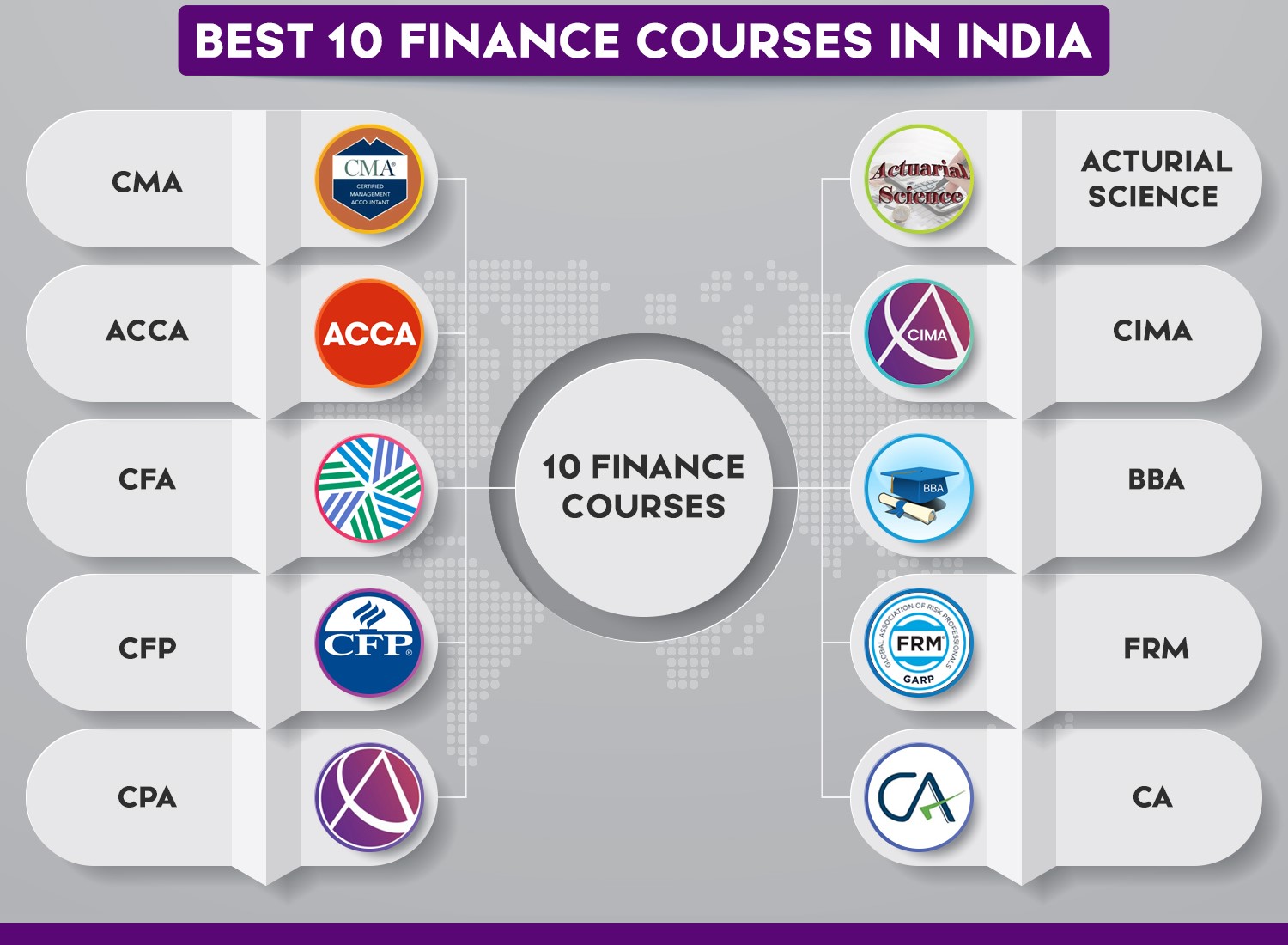Top Financial Certifications
Financial certifications are proof of your expertise in certain areas of the financial industry. A graduate with the certifications is capable of being hired as an account Administrator, investment analyst, a Specialist in contracts and transaction technicians. The certification requires a course to be completed and an exam that needs to be cleared for qualification. Hence, financial certifications demand a lot of investment in terms of both time and money. Thus, it is necessary for one to carefully choose the certification course they want to apply for.
Let’s go through Some top of the Financial Certifications:-
Chartered Financial Analyst (CFA) Certification
- Pros: The essential requirement for the jobs involving equity research and asset management.
- Cons: Extremely challenging to clear. It stands out among most financial certifications because of the low qualifying rate and the material covered is extremely vast.
Certified Public Accountant (CPA) Certification
- Pros: The certification is mandatory for a person aiming for an accounting post. An accelerator for someone who needs a CFO’s job.
- Cons: CPA does not majorly focus on corporate finance.
Chartered Alternative Investment Analyst (CAIA) Designation
- Pros: It is a great program when it comes to managing alternative investments in niche areas.
- Cons: It is not as versatile and broad a spectrum as courses like MBA.
Certified Financial Planner (CFP) Certification
- Pros: It’s worth in the market and adds to your profile in retail banking, private banking and Wealth Management careers.
- Cons: It has a fairly narrow focus and is not suited for sectors other than Wealth Management.
Financial Risk Manager (FRM) Certification
- Pros: It is good to have if a person is targeting only positions in the risk management sector. Also, it is quite cost-effective and time-efficient.
- Cons: This certification is a very novel one and hence does not have much recognition.
Financial Modelling & Valuation Analyst (FMVA) Certification
- Pros: It helps you learn the most practical analyst skills such as How to build a financial model on excel, e-commerce, Retail, and other financial models specific to the industry.
- Cons: Being new it is not well established in the financial industry.



